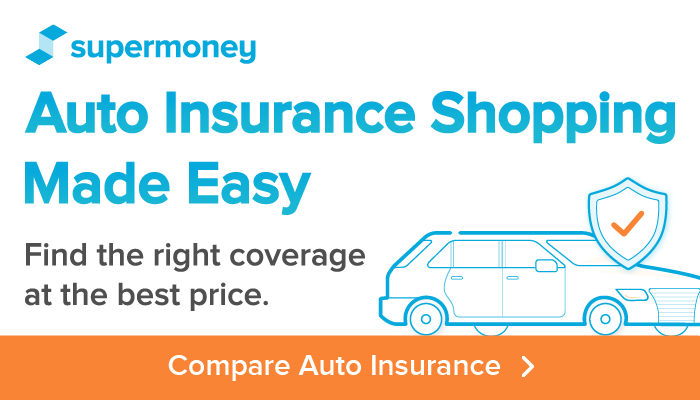Auto Buying Tips

New Car Buying Checklist
- Check publications at your local library or bookstore, or on the Internet, that discuss new car features and prices. There are numerous sources which provide information on dealer’s costs for specific models and options. An excellent source for car safety information is Safercar.gov.
- A good rule of thumb is never allocate more than 20% of your take home pay to car expenses. This should include not only include the actual car loan, but also other related expenses such as auto insurance, repairs, and fuel.
- Know your credit score - The official website for obtaining free credit reports is Annual Credit Report. They will charge a small fee for your credit score, however, many banks and credit unions now offer free access to your credit score.
- Try to get pre-qualified for a loan prior to going to the dealership with your bank or better yet a credit union. Car dealerships often will try to charge you higher interest rates. Also remember, the longer the term of the loan the more that car is going to cost. Use this information to assist you in the negotiations. He who has the most knowledge has the most power! Review the Consumer Financial Protection Bureau webpage on Auto Loans.
- Shop around to get the best possible
price
by comparing models and prices online, in ads, and at
dealer showrooms. You also may want to
compare by contacting car-buying services
and broker-buying services.
- Negotiate the price. Dealers may be willing to bargain on their profit margin. This is the difference between the manufacturer’s suggested retail price (MSRP) and the invoice price. Always know the invoice price before going to the dealer.
- Consider
ordering your new car if you don’t
see what you want on the dealer’s
lot. This may involve
a delay, but cars on the lot may have
options you don’t
want — and that
can raise the price. However, dealers
often want to sell their current
inventory
quickly, so you may be
able to negotiate a good deal if an in-stock car meets
your needs.
- Avoid costly extras such as dealer
add-ons and extended warranties. Be
sure you review the contract and look especially close for anything written in small print.
- Buy a "low-profile" car. Cars that are expensive to repair or that have a high theft rate generally
have higher insurance costs.
- Be wary of low-rate promotional deals. 0% financing sounds great, but unfortunately, unless your credit score is over 700 you'll likely never receive it. Once the dealer has you in the showroom, you most often will be offered a higher rate.
- Selling your old car outright usually is better than trading it in. Even if you are considering trading-in your old car, hold this information back until you settle on a price from the dealer. If they know you are wanting to trade, they may lowball the value of your trade to offset their offer.
Used Car Buying Checklist
-
Be a smart consumer - A car is a depreciating asset, thus a good pre-owned car always represents better value than a new one.
-
Determine
your needs and wants first, make a list, and prioritize.
-
Establish a budget and determine the class of vehicles that fit it.
-
Narrow your selection by makes and models and learn all you can about them.
-
Research dealerships and sellers.
-
Know the fair market value (Blue Book) and vehicle history of any vehicle you’re considering. See the NADA and Edmunds links below for additional price information.
- Take test drives and have cars checked by a mechanic.
- Do a vehicle history search to see if the car has ever been in an accident.
-
ASK QUESTIONS, and consider
all loan options.
-
If you feel hesitant, walk away - there’s always another deal.
- Selling your old car outright usually is better than
trading it in.
- Drop collision and/or comprehensive coverages on older cars. If you own a car that's worth less than $2,000, you'll probably pay more for the coverage than you would ever collect on a claim.
- Shop around for your auto insurance. Check with several different insurance companies to get rate quotes Do your friends or family members like their auto insurance company? One company that can simplfy this chore is SuperMoney. SuperMoney makes financial comparison shopping easy. Compare rates, terms, and features on thousands of financial products and service in one place including auto insurance.


 Car Buying
Car Buying College Planning
College Planning Computer Safety
Computer Safety Discount Health Plans
Discount Health Plans Final Expense Insurance
Final Expense Insurance Consumer Tips
Consumer Tips Home Buying
Home Buying Home Insurance
Home Insurance Identity Theft
Identity Theft Prescriptions
Prescriptions Shopping
Shopping Travel
Travel Getting Started
Getting Started Debt Roll-Up
Debt Roll-Up Credit Reports
Credit Reports Credit Scores
Credit Scores Credit Repair
Credit Repair Growing Wealth
Growing Wealth Time Value of Money
Time Value of Money Controlling Risk
Controlling Risk Tax Planning
Tax Planning A Balanced Plan
A Balanced Plan Enlisted Pay
Enlisted Pay Officer Pay
Officer Pay Finding a Job
Finding a Job Relief Act
Relief Act Thrift Savings Plan
Thrift Savings Plan VA Education
VA Education VA Home Loans
VA Home Loans VA Health Care
VA Health Care VA Pension Benefits
VA Pension Benefits VGLI
VGLI

